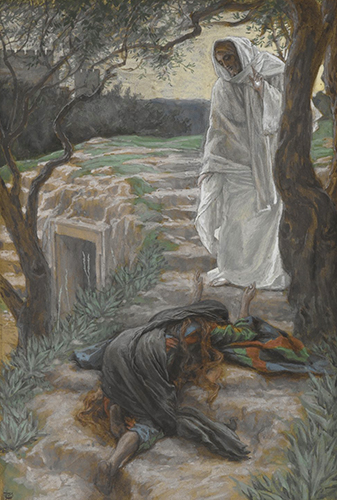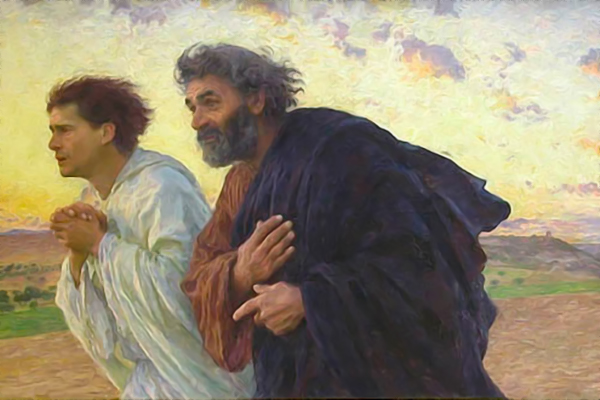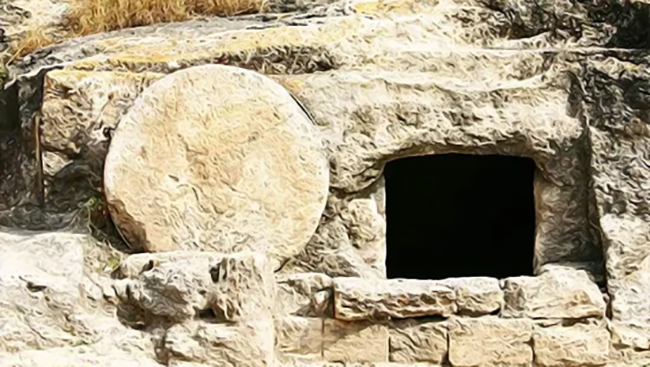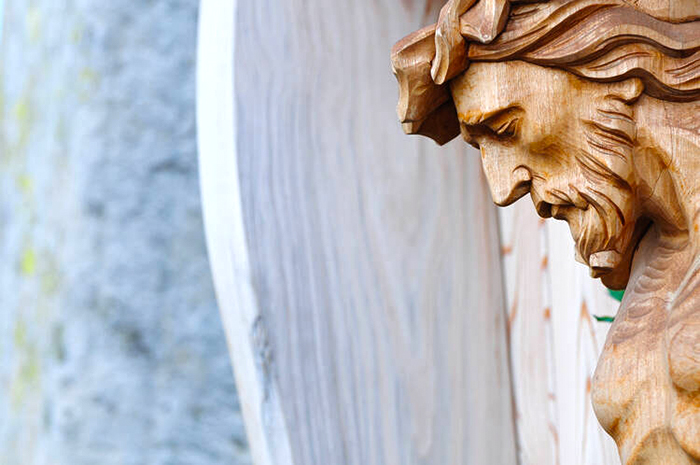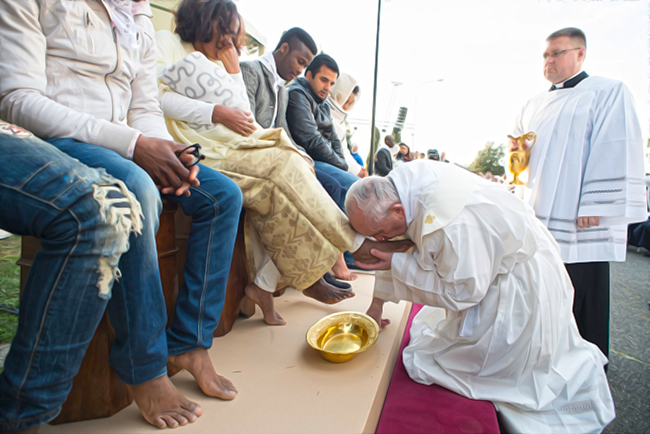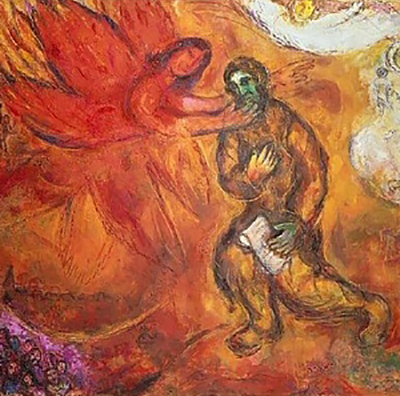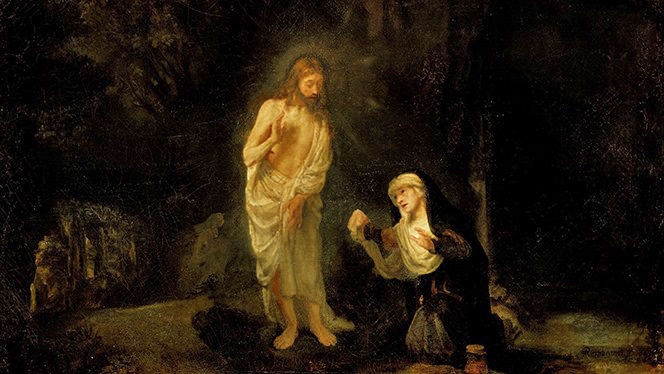
Mary Magdalene also teaches us the great cost of such a Christ-centered life. Rachel Bulman writes that when our hearts are centered on Jesus, the things that formerly held such value in this world quickly lose their luster in the weight of his gaze. We will desire to be poured out, embarrassed for him, scorned for him, and give it all away in service to him. This life of self-donation inevitably leads us to the cross. In our reflection verse from the Gospel of John, the risen Lord asks Mary why she is weeping, and at that moment, she thinks that he is the gardener. The great irony of this is that Jesus is the gardener. He is the great gardener returning to the earth to put what was disordered in the first garden in the proper order. He sows the seeds of redemption into the heart of Mary Magdalene, telling her not to cling to him but to go and tell everyone that he has returned. In many ways, she is the blueprint for the making of great evangelizers, for an evangelist must live in such a way that the Gospel is preached no matter the cost. Living a life of complete self-donation and total Christ-centeredness will cost us all that the world has to offer but will inevitably lead us over and over again to the same garden of the Resurrection.

